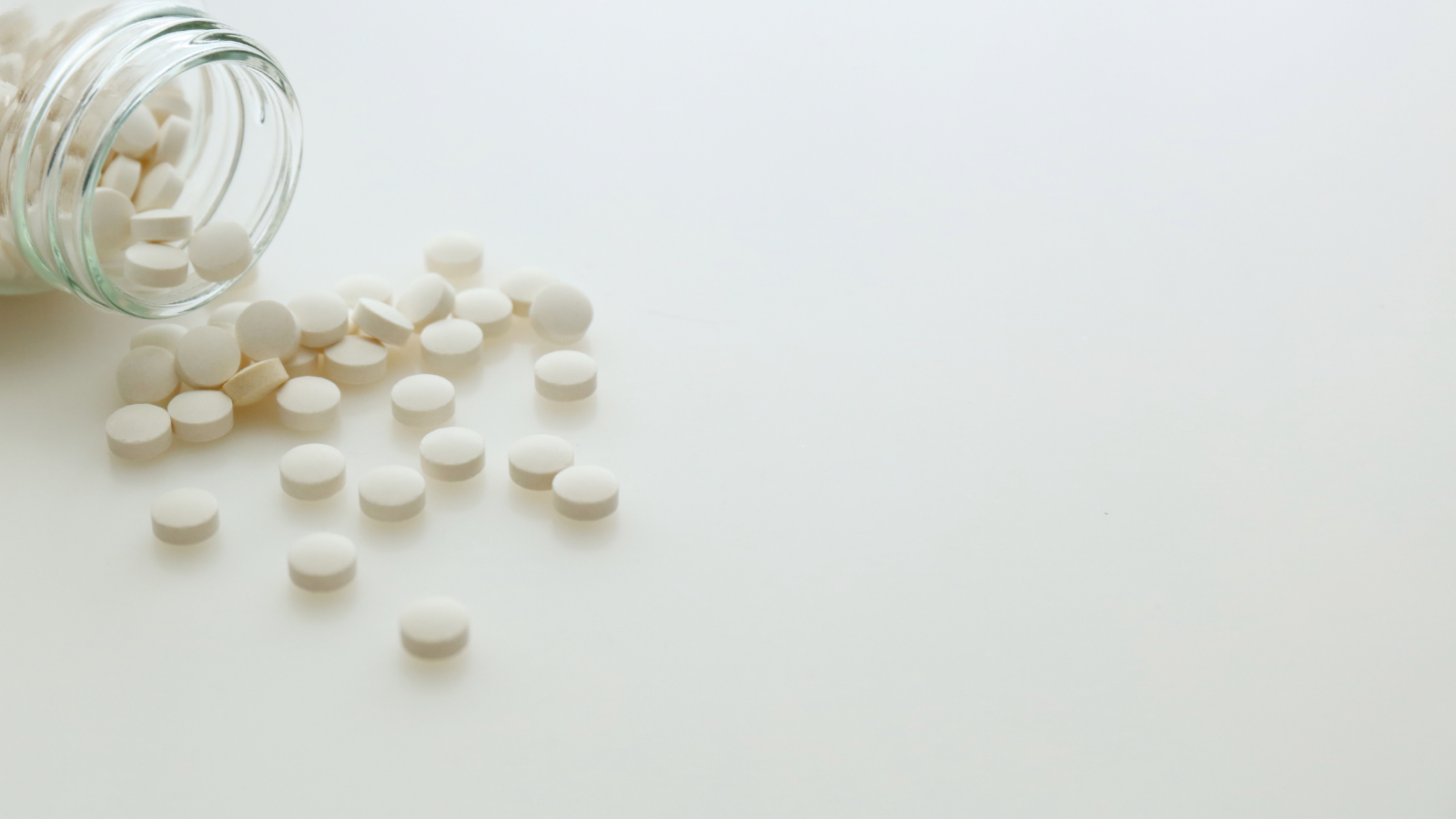By Odinaka Kingsley Obeta
Growing up, I was always passionate about education and learning in general. Even while in university, I always pursued one or two online courses during my vacations to improve my knowledge of certain areas of interest. Because of the COVID-19 pandemic, schools have been shut down in Nigeria for the past eight months. Even though I am done with my school programme, it’s been difficult to proceed with my next line of action academically. So early this August, while searching through health-related courses on my edX app, I stumbled upon the Global Public Health course offered by SDG Academy.
Considering my great interest in public health, I clicked on it to have a glance. After going through the syllabus, I couldn’t stand the urge to start the course that very day. One of my greatest motivations for taking the course is the content of the syllabus and the quality of instructors handling the course. Immediately, I saw Prof. K. Srinath Reddy, Prof. Richard Cash, and Monika Arora as instructors. I just had to sign up and fasten my learning seatbelt. Rob Yates and Dr. Vinod Paul were also an amazing plus.
Most times when public health is mentioned, the idea is limited to only health issues. However, while taking this course, I have come to enjoy the concept of discussing public health not just from the angle of the different types of diseases, but also from the perspectives of how climate change, population increase, politics, and trade affect health outcomes from the global level down to communities in developing countries like Nigeria.
As a young malaria activist, an #SDG3 and #UCH advocate, the knowledge acquired from this course is essential to me because of my activities around public health and community development. It was important for me to understand the trends in public health, cutting through health systems to become more informed about infectious diseases, especially from the public health perspectives, as well as to understand the concept of globalization and its impact on public health with regards to the health systems in lower middle income and developing countries.
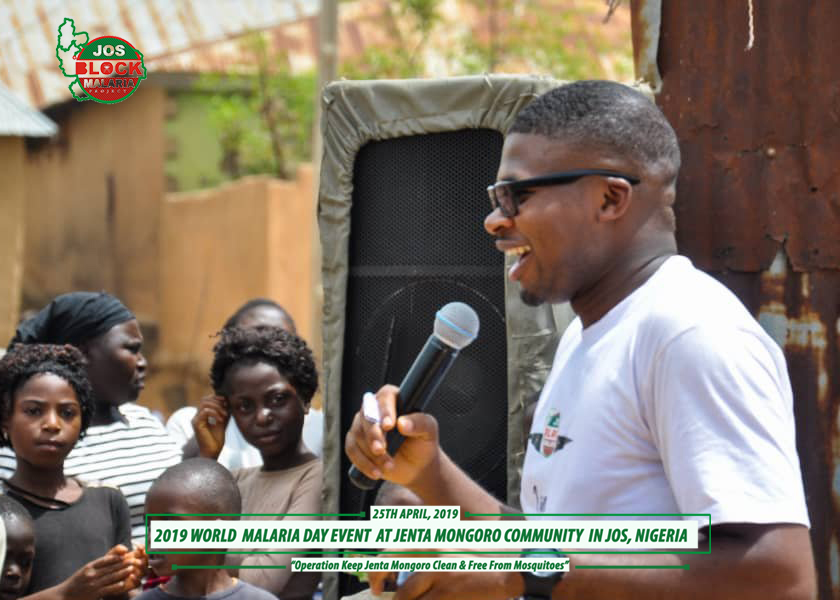
Through this course, I learned the practical implementation of SDG 3 across different sectors in the healthcare delivery system. I have always advocated for good health and well-being, but it became clearer that it is not just about advocating but knowing how, where, and when to take any action that would improve the quality and affordability of healthcare across the world starting in one community at a time.
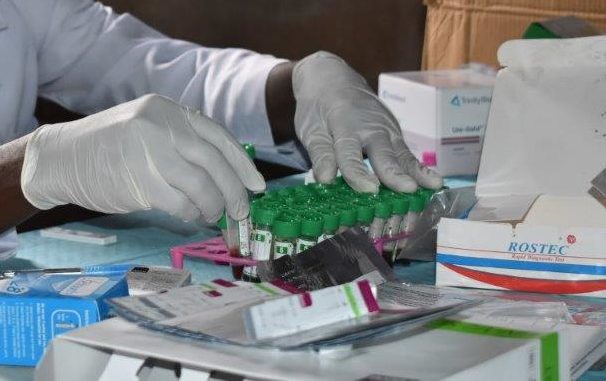
As the project lead at Block Malaria Project, I have been doing as much as I can to help Malaria-At-Risk Populations and economically deprived communities combat malaria by designing strategies for malaria prevention in communities; encouraging sanitation; providing healthcare support for effective malaria diagnosis, treatment and care; facilitating distribution of ITNs; and more. With the knowledge I gained from Global Public Health, I am currently working with my team to help us strategize better for our 2021 Zero Malaria projects in Nigeria. Having understood the importance of public health financing in enhancing universal health coverage, I also started a new course on policy development and advocacy in global health with the University of Washington to gain more knowledge on the appropriate strategy for channelling my recommendations on the state of healthcare in rural communities to legislators in Nigeria through health policy briefs and health situational analysis. This, I believe, will help to increase the budgetary allocations for healthcare in Nigeria from 4.14% in 2020 to a more considerable figure.
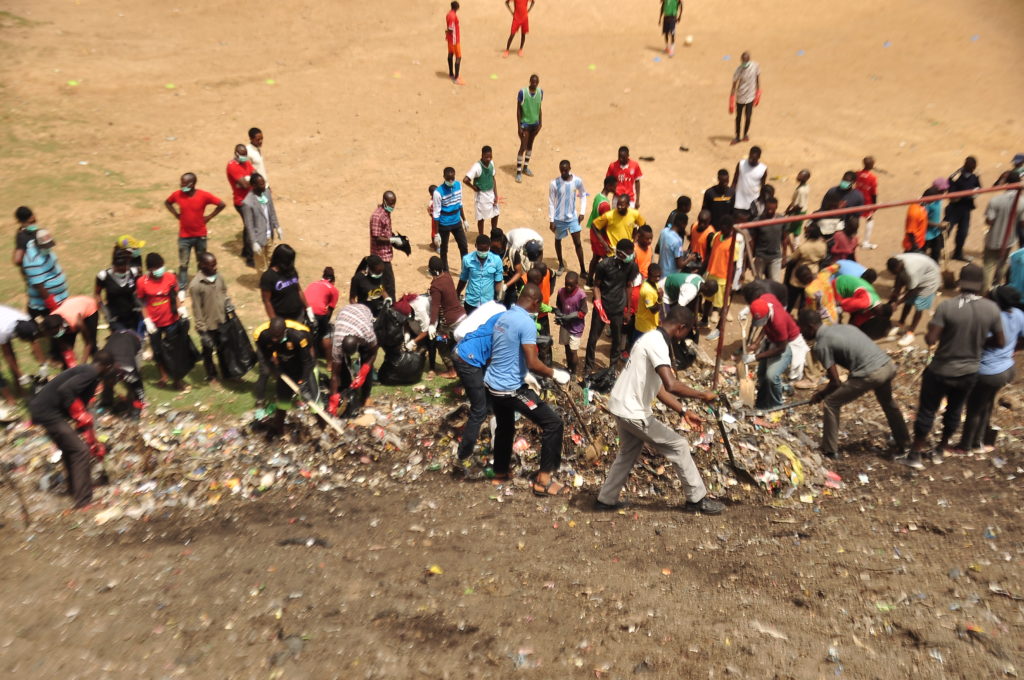
So far, we have had lots of conversations about public health issues surrounding us here in Nigeria, alongside some failed or inadequate health interventions, and we are beginning to work towards collaborating to take actions on the few we can attempt to fix. In particular, issues around why the primary healthcare system in Nigeria is dilapidated, and why we need to start focusing on the utilization of insecticide-treated nets in rural areas and not just access to them.
I strongly believe that knowledge, if acquired but not utilized for impact, is a total waste of resources. For me, it is more about taking an action now that will improve the future of healthcare in Nigeria and Africa at large. The Global Public Health course has pushed me a step forward in that direction.
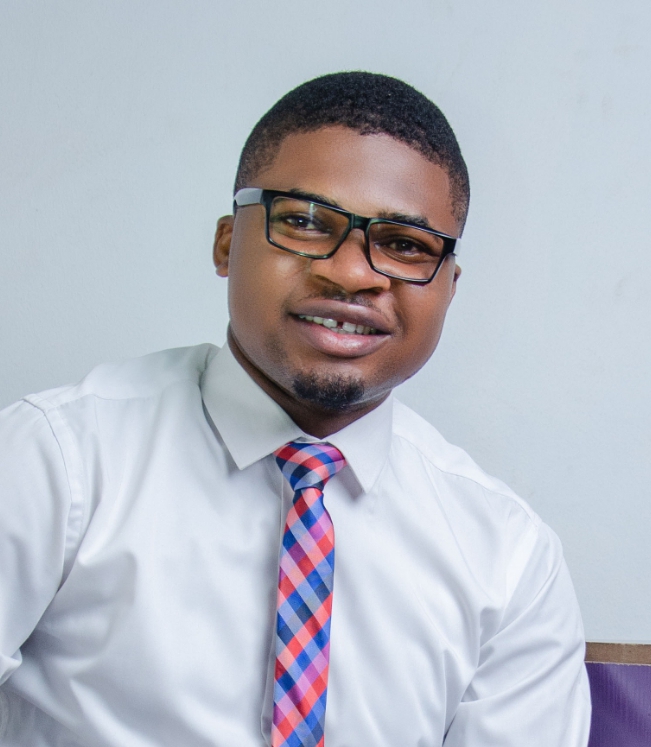
Odinaka Kingsley Obeta, 25, is a Medical Laboratory Scientist and an award-winning social worker from Nigeria. He is passionate about the control and eradication of malaria in Nigeria and Africa at large. He is the project lead at Block Malaria Project, the lead strategist at Med Lab Convo and a Malaria Champion with Malaria No More UK. He is interested in Public Health with a focus on health communication and promotion, health system strengthening, and policy development, and is currently enrolled in an online Policy Development and Advocacy in Global Health Programme with the University of Washington. Aside from his work as a Medical Laboratory Scientist, Odinaka enjoys medical and social research, volunteering, teaching, hiking and online learning.
